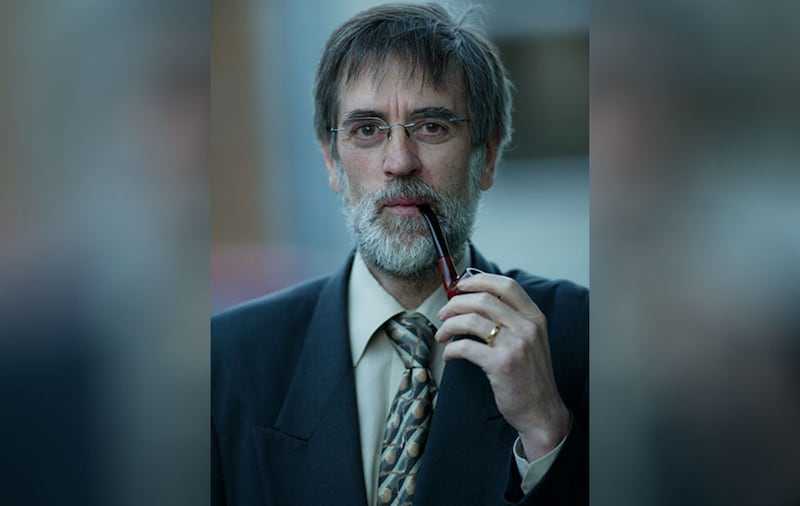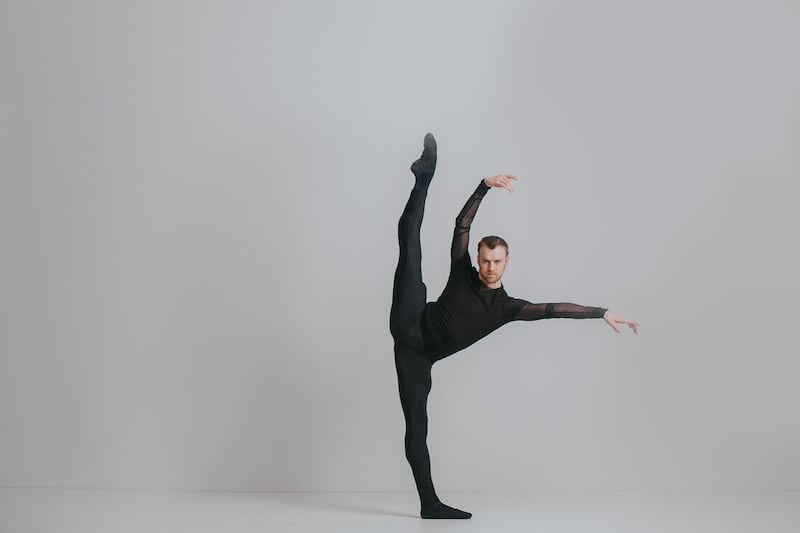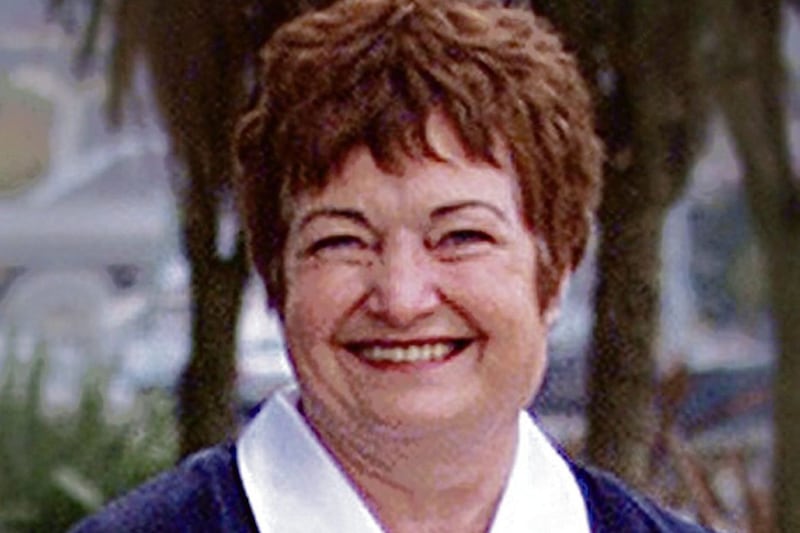HE was the young reporter who became the headlines when, along with Mairead Corrigan and Betty Williams, Ciaran McKeown founded the largest peace movement of the Troubles.
The 76-year-old's family announced today that he had "passed away peacefully at his home in Belfast on Sunday... following a period of illness".
Irish News editor Noel Doran paid tribute to Mr McKeown who had worked for the newspaper, among other outlets.
"Ciaran played a crucial role with the Peace People and was also a distinguished journalist with a number of different outlets," he said.
"He contributed to The Irish News in a freelance capacity over many years, and I also worked closely with him during his time as political correspondent of The News Letter. I would like to offer the sympathies of everyone at our paper to his family."
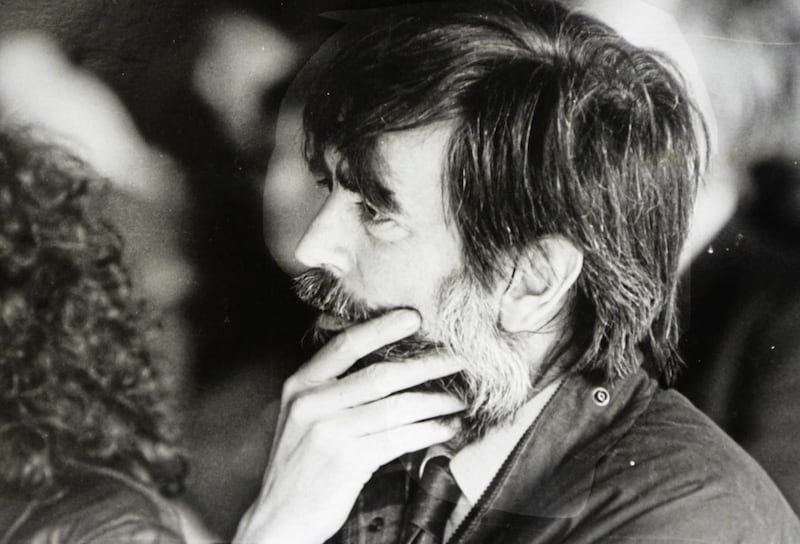
The Peace People was born 43 years ago out of a wave of grief and fury following the deaths of three young children in west Belfast in 1976 who were run over and killed by a car driven by an IRA man who had been fatally shot by British troops while trying to make a getaway.
The car, which went out of control and mounted a pavement on Finaghy Road North, colliding with Anne Maguire (Mairead Corrigan-Maguire's sister) and three of her children; Joanne (8) and Andrew (6 weeks) died at the scene while two year-old John died the following day in hospital
Even among the carnage which characterised 1976, it was a point in the Troubles that shocked even the international community.
Mr McKeown, northern correspondent for The Irish Press Group, felt "the community as a whole had got to the point where it was saying `enough is enough', no matter what the problems are or were, violence only makes them worse".
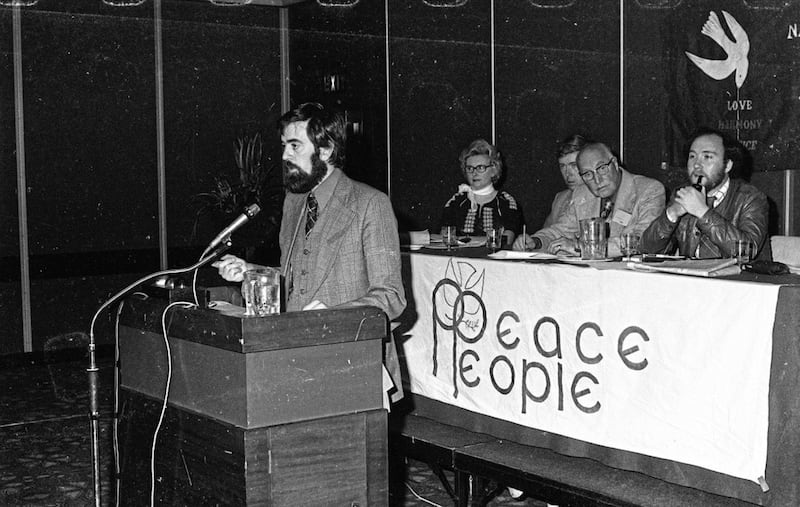
He had become involved in civil rights activism while studying Scholastic Philosophy at Queen's University Belfast, where he also took an interest in student politics.
In 1966, the Derry native became the first person from a Catholic background to be elected of Queen's University Student Representative Council president - securing cross-community support.
He became president of the Union of Students of Ireland in 1969, the same year he and wife Marianne became parents.
Through his journalism he covered Northern Ireland's rapid descent into political chaos, bearing witness to the deadliest period of the conflict.
From its 1976 founding, Mr McKeown serve as the Peace People's chief strategist, planning rallies and marches which saw hundreds of thousands take to the streets in Northern Ireland, Dublin, London and beyond calling for an end to violence.
He stepped away from journalism to devote himself full-time to peace activism, editing the movement's newspaper, writing the Declaration of the Peace People, its Constitution and pamphlets setting out a strategy of non-violence.
The ambitious vision for peace and justice, both in Northern Ireland and globally, did see a steep fall in the level of violence on the north's streets.
"In the first six months of the Peace People the violence went down by 70 per cent and it has never gone back to its former levels," he told The Irish News on the movement's 25th anniversary.
In 1978, Mr McKeown became the first person from Northern Ireland to address the General Assembly of the United Nations, delivering a speech on behalf of the International Fellowship of Reconciliation.
The awarding of the Nobel Peace Prize to Ms Maguire and Ms Williams in 1977, however, was the beginning of cracks in the movement.
Ms Williams announced she was going to keep her share of the prize money, prompting Ms Corrigan to follow suit - although both she and Mr McKeown would later say they were "devastated" by the decision which attracted widespread criticism.
Mr McKewon retrained as a self-employed typesetter and wrote a book `The Passion of Peace' before returning to the world of newspapers, working for the Irish News, News Letter and Daily Mirror.
As The News Letter's political correspondent and frequent leader-writer during a key period in the 1990s, he wrote editorials endorsing moves towards peace, including reform of policing in Northern Ireland.
He served as executive secretary of Belfast's Lyric Theatre and was a lifelong patron of Miss Moran's tobacconist, a hidden gem of old Belfast.
Predeceased by his wife Marianne, Mr McKeown is survived by children, Marianne, Rachel, Susan, Simon, Ruth, Leah and Hannah and 17 grandchildren.
